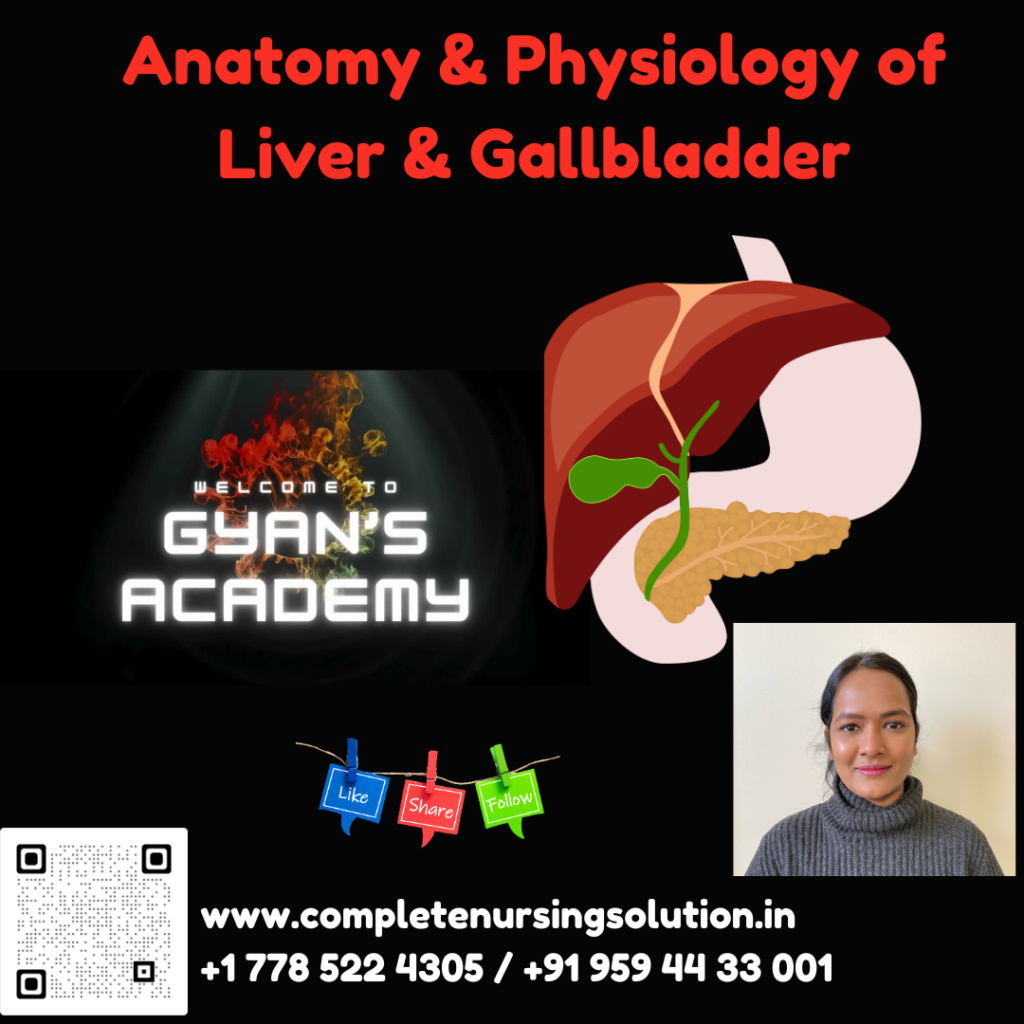A RAIU test involves administering a low dose of radioactive iodine, in contrast to radioactive iodine treatment for some types of thyroid cancer, which uses a high dose to destroy all thyroid tissue. The thyroid gland is the only tissue that uses iodine, which is a key component of thyroid hormones. A scan is performed at 2, 6, and 24 hours to assess the areas actively absorbing iodine, which can narrow the diagnosis to hyperfunctioning thyroid disorders (eg, Graves' disease). Important nursing considerations: Notify the primary health care provider (PHCP) if computerized tomography scan or other recent x-ray using iodine contrast has been performed; the iodine may alter the test results.
Antithyroid or thyroid hormone medication should be held for 5-7 days before undergoing a RAIU test as these can also alter results. All premenopausal women must take a pregnancy test before the procedure, as radioactive iodine could adversely affect the development of the fetal thyroid gland. Important aspects of client education: Maintain nothing by mouth (NPO) status for 2-4 hours prior to the procedure (Option 5).
Eating may resume 1-2 hours after swallowing the iodine; a normal diet can be restarted when the test ends. Remove dentures and jewelry/metal around the neck to allow clear visualization during the scan. Drink plenty of fluids after the procedure to clear RAI from the system. Notify the PHCP if you are allergic to any medications (eg, iodine).
However, a RAIU test is generally safe (even in the presence of an iodine allergy) due to the diminutive amount of iodine used. You will be awake during the procedure but there should be no discomfort (Option 4). Do not breastfeed immediately after this procedure, and ask your PHCP when breastfeeding may resume
A RAIU test involves administering a low dose of radioactive iodine, in contrast to radioactive iodine treatment for some types of thyroid cancer, which uses a high dose to destroy all thyroid tissue. The thyroid gland is the only tissue that uses iodine, which is a key component of thyroid hormones. A scan is performed at 2, 6, and 24 hours to assess the areas actively absorbing iodine, which can narrow the diagnosis to hyperfunctioning thyroid disorders (eg, Graves' disease). Important nursing considerations: Notify the primary health care provider (PHCP) if computerized tomography scan or other recent x-ray using iodine contrast has been performed; the iodine may alter the test results.
Antithyroid or thyroid hormone medication should be held for 5-7 days before undergoing a RAIU test as these can also alter results. All premenopausal women must take a pregnancy test before the procedure, as radioactive iodine could adversely affect the development of the fetal thyroid gland. Important aspects of client education: Maintain nothing by mouth (NPO) status for 2-4 hours prior to the procedure (Option 5).
Eating may resume 1-2 hours after swallowing the iodine; a normal diet can be restarted when the test ends. Remove dentures and jewelry/metal around the neck to allow clear visualization during the scan. Drink plenty of fluids after the procedure to clear RAI from the system. Notify the PHCP if you are allergic to any medications (eg, iodine).
However, a RAIU test is generally safe (even in the presence of an iodine allergy) due to the diminutive amount of iodine used. You will be awake during the procedure but there should be no discomfort (Option 4). Do not breastfeed immediately after this procedure, and ask your PHCP when breastfeeding may resume

![Boost Skills: NCLEX Daily Questions #12 [ays_quiz id="160"]](https://completenursingsolution.in/wp-content/uploads/2024/10/01-Nov.-NCLEX-Practice-Questions.png)

philucky https://www.usphilucky.org